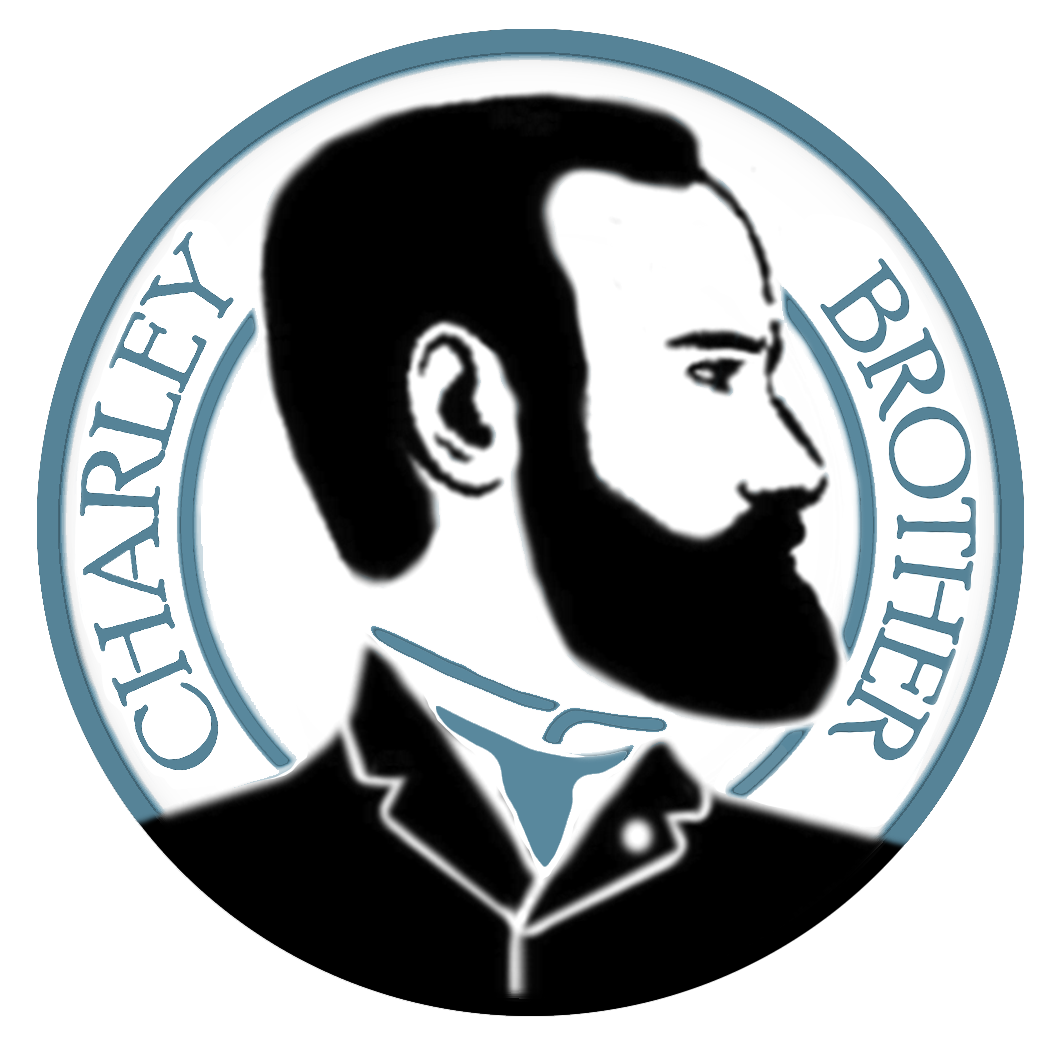Sailing Ship in Storm (Library of Congress)
Until Henry Brother could incorporate the town and set up some boundaries, both literally and mentally, he could not bear the responsibilities of the poor children in the neighborhood. It was not as if he blew them off completely; he tried to help with store credit and mill scraps. The reality was stark.
It was 1835 and Henry had plenty on his plate. Valentine was 9, Cornelia 8, Rebecca 6, H. H. was 2 but could not be held or contained, and his wife was pregnant. Henry knew that the misfortunate children of the village needed proper bending, but first he had to set his house in order.
He enrolled Val at the Bath Classical School with Ralph Knickerbocker Finch, the spirited young man from Dartmouth College, who just arrived in Bath, New York. There was a sigh from Mary Ann, realizing the cost would throw the budget off, but the regimental program would answer Val’s constant questions. It was not long before H.H. followed and, thanks to Finch, he learned to sit long enough to pass his lessons.
Finch was an immediate celebrity, perhaps because he came over for dinner with stories and only the burdens of an academic. Or perhaps because he tied the knot with Mary Ann’s best friend. Perhaps because Finch mastered philosophy, logic, and reason.
The common schools were, according to Henry, just drilling for seat work, run by women, who reacted to all the cries of the children, spoiling them for real work. Comforting them with emotionalism. It was backwards and even dangerous, he said, for boys to be with girls, mentally.
Yes, Finch was a powerful force in the lives of his boys, something the church elders warned Henry of, thinking his thrilling, action-packed but secular stories from Homer, Shakespeare, and Virgil would compete with biblical lessons. Even Mary Ann suggested that Finch had gone too far, with H. H. now getting nightmares and carving sailing vessels into the woodwork under the tables and chairs. The craft assignments alone, she reported, were draining her ink wells.
But Henry was firm: his sons would study the traditional Greek and Latin that disciplined the founding fathers, for the hottest business was still untouched – the debate about true liberty of all – with arguments and more suffering still to come. If his boys would inherit a mess, at least he could provide tools for the battle.

